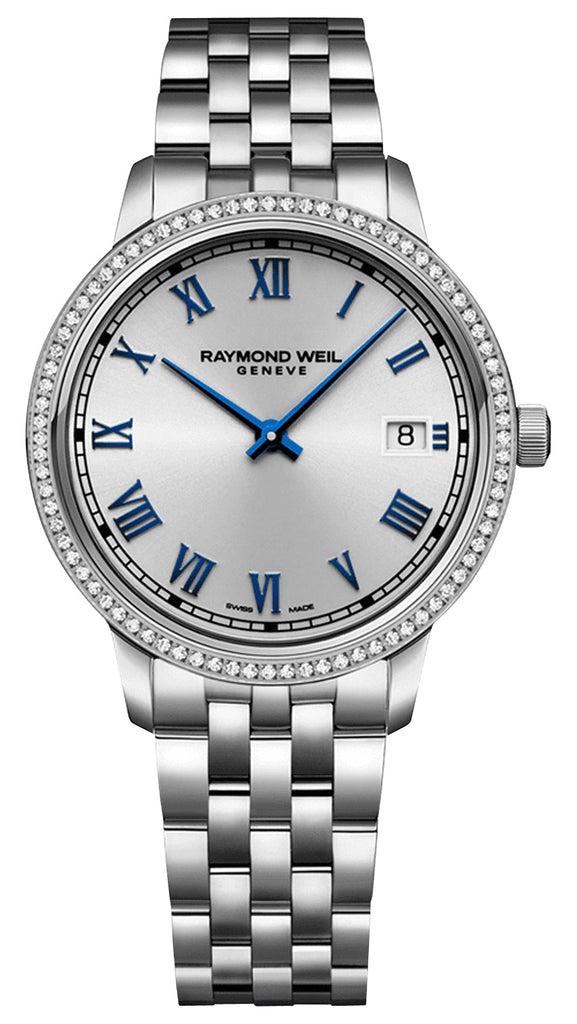Water filtration is an important part of product manufacturing in a range of industries. Whether used as a solvent, coolant, ingredient, or for cleaning, the quality of water directly impacts the quality and safety of the product. This article explores how industrial water filtration affects products and why it’s essential in any manufacturing process.
The Importance of Water Quality in Industrial Processes
Water quality can affect the appearance, taste, purity, and safety of products. Contaminants in water, including minerals, biological organisms, and chemical residues, can lead to defects, spoilage, and non-compliance with regulatory standards. As such, industries invest heavily in water filtration systems to meet the required water quality standards.
Impacts on Different Industries
- Food and Beverage Industry: In this sector, water impurities can affect the taste, color, and safety of the products. Filtration systems ensure the water is pure, enhancing the flavor and shelf-life of the final product. For example, breweries use filtration to ensure the water does not alter the taste of beer.
- Pharmaceuticals: Water used in pharmaceuticals must be exceptionally pure, and free from endotoxins, bacteria, and particulates. Even minor impurities can lead to ineffective or unsafe products. High-grade filtration systems, including reverse osmosis and deionization, are used to maintain stringent quality standards.
- Electronics: In the manufacturing of electronics, particularly semiconductors, water is used for rinsing and needs to be ultra-pure. Particulates or dissolved minerals can cause defects in the microscopic circuits, leading to lower yields and inferior-quality products.
- Textiles: Water quality affects dye uptake, fabric texture, and the appearance of the final product in the textile industry. Hard water can lead to inconsistent dyeing and spotting, so filtration is used to ensure soft, pure water for uniform quality.
Types of Filtration
- Sediment Filtration: Removes suspended solids, which can cause turbidity and affect the appearance and consistency of products.
- Carbon Filtration: Removes chlorine and organic compounds. In industries like food and beverage, this means better-tasting and safer products, as chlorine can react with other substances and alter flavors or create harmful compounds.
- Reverse Osmosis (RO): Provides high-purity water by removing a broad range of contaminants. In pharmaceuticals, RO using a membrane, like Hydranautics ESPA2-LD ensures that the water does not introduce any impurities that could affect the drug’s efficacy or safety.
- Ion Exchange: Targets specific ions like calcium and magnesium, which cause hardness, or heavy metals, which can be toxic. Softened water is essential in many manufacturing processes.
- Ultraviolet (UV) Treatment: Kills bacteria and viruses, ensuring the biological safety of products, particularly in food and beverage and pharmaceuticals.
Challenges in Industrial Water Filtration
- Maintaining Consistency: Variations in water quality can lead to inconsistencies in product quality. Industries must continuously monitor and adjust filtration systems to adapt to changes in water supply.
- Balancing Cost and Quality: High-quality filtration systems like RO with Hydranautics ESPA2-LD-4040 membranes can be expensive. Industries must balance the cost of these systems with the need to maintain product quality and comply with regulations.
- Dealing with Diverse Contaminants: Different contaminants require different filtration solutions. Industries often need a multi-stage filtration process to ensure all potential impurities are removed.
- Regulatory Compliance: Many industries are subject to strict regulations regarding product safety and quality. It can be hard for companies to make sure their water filtration systems are compliant with the current regulations.
The Economic Impact of Filtration on Product Quality
Investing in quality water filtration systems such as an RO system with Hydranautics ESPA2-LD can have economic benefits, including improved product quality, higher customer satisfaction, and fewer returns or recalls.
Additionally, efficient filtration using Hydranautics ESPA2-LD-4040 or a similar product can extend the lifespan of machinery by preventing scaling and corrosion, reducing downtime and maintenance costs.
Future Trends in Industrial Water Filtration
- Advanced Membrane Technologies: Changes in membrane technology could mean more efficient and selective removal of contaminants, leading to higher quality water and products.
- Smart Filtration Systems: Integration of sensors and IoT technology for real-time monitoring and adjustments to ensure consistent water quality and system performance.
- Sustainability Focus: As industries seek to reduce their environmental footprint, there’s a growing trend towards systems that minimize water waste and energy consumption.
Conclusion
The impact of industrial water filtration on product quality cannot be overstated. From improving taste and appearance to ensuring safety and compliance with regulatory standards, effective water filtration systems are essential when it comes to quality assurance in industrial production.






